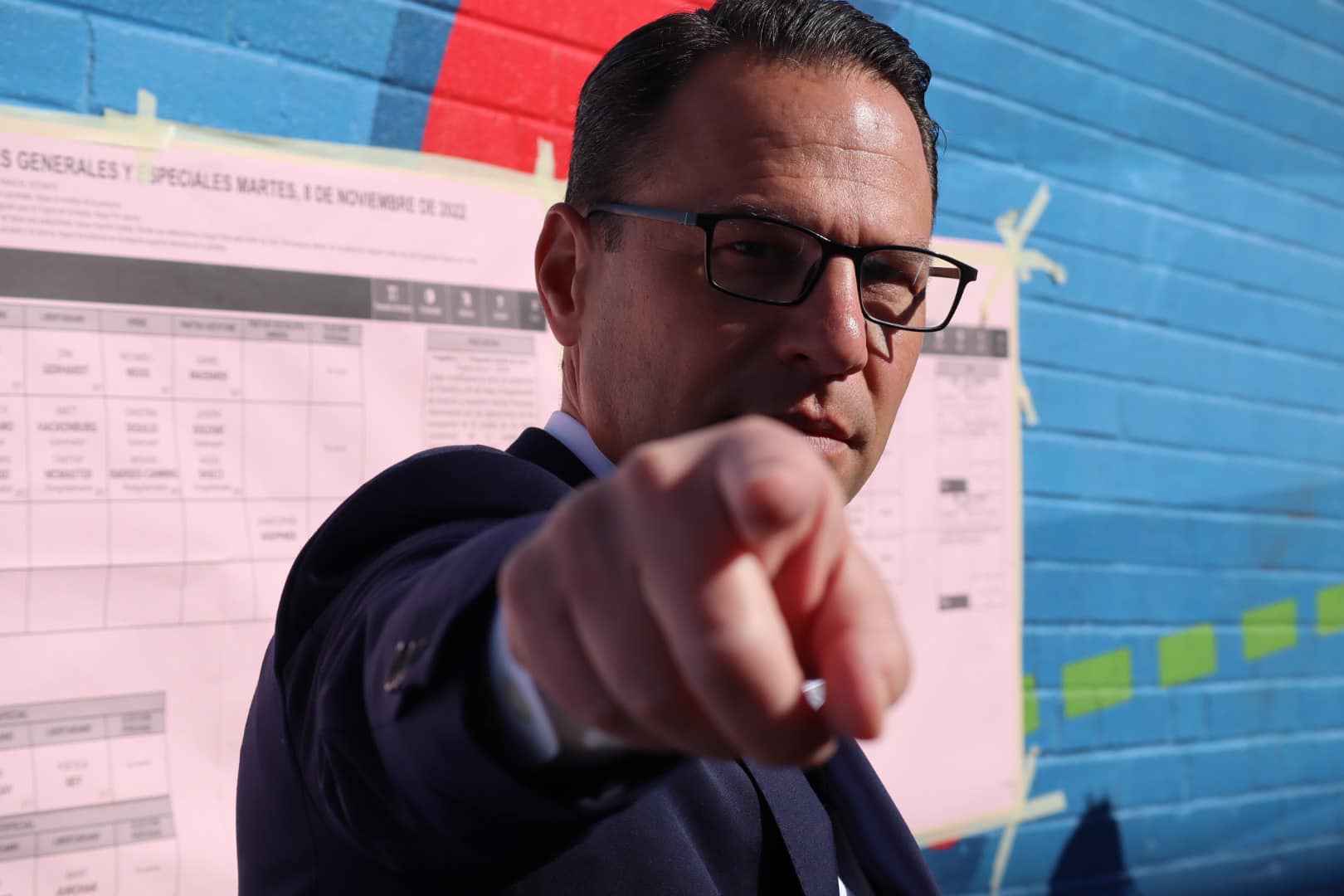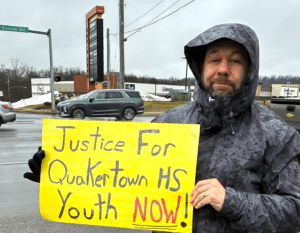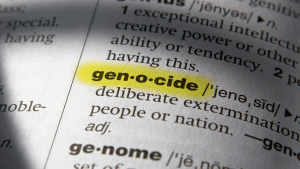The Shapiro administration announced last week that funding for Real Alternatives, and their network of crisis pregnancy centers, will end on December 31.
“For decades, taxpayer dollars have gone to fund Real Alternatives. My Administration will not continue that pattern – we will ensure women in this Commonwealth receive the reproductive health care they deserve,” Democratic Governor Josh Shapiro said in a statement.
Since 1993, and with little to no oversight, Pennsylvania has funded Real Alternatives with taxpayer and TANF dollars. Fox 43 in Harrisburg reported Real Alternatives to have received $60 million in funding in 2014-2015. In 2017, then Pennsylvania Auditor General Eugene DePasquale issued a statement that the not-for-profit skimmed hundreds of thousands of taxpayer dollars to promote and expand its initiatives locally and nationally.
“As a member of the Governor’s Advisory Commission on Women, I am pleased to see Governor Shapiro end Pennsylvania’s contract with Real Alternatives, which funds deceptive, anti-abortion Crisis Pregnancy Centers,” said State Senator Maria Collett (D-12). “As a nurse, this is particularly important because despite CPCs billing themselves as medical centers, they are not bound by HIPAA and could easily share private medical information that can compromise women across the Commonwealth.”
Investigations into how these centers operate have revealed outrageous and deceptive practices that resemble nothing remotely close to actual health care for women because their primary purpose is to discourage abortion and the use of birth control.
In 2013, NARAL Pro-Choice America conducted various undercover investigations where consultations at crisis pregnancy centers were recorded and revealed counselors providing deceitful information. Some of the disinformation included condoms are porous, there is no such thing as safe sex and the first three ingredients in the birth control pill are carcinogens.“Every woman seeking reproductive health care has the right to unbiased, medically accurate care and counsel,” Secretary of the Pennsylvania Department of Human Services Val Arkoosh told Penn Capital-Star.
Rep. Brian Fitzpatrick (R-01) took to Twitter in 2019 to commend a local center. The congressman, who has repeatedly voted against a woman’s right to choose, tweeted “Crossroads Pregnancy Care provides services to members of our community about maternity care and proper care of their children.”
Thomas Shaheen, Vice President for Policy of Pennsylvania Family Institute, an affiliate of the Family Research Council, a D.C. based far-right Christian activist organization with a pro-life, anti LGBTQ agenda, voiced his discontent about the loss of funding. “… this [Shapiro] administration wants to unilaterally prioritize only one option for women: the ending of a pregnancy through abortion. Each year, pregnancy resource centers offer millions of dollars’ worth of diapers, formula, parenting classes, clothes, strollers, cribs, and more to families in need.”
Except those free tangibles frequently come with strings attached. In 2020, Vox reported that some supplies were only available if recipients participated in workshops or classes, some of which had a religious component.
Moreover, CPCs are far from the only provider of resources in Pennsylvania for pregnant women, new mothers, infants and children.
Healthy Beginings Plus, a state program, assists lower income pregnant women with bona fide prenatal care, and the Greater Philadelphia and Western Pennsylvania Diaper Banks are but two of many agencies offering free diapers and other supplies to new mothers without caveats.
Pennsylvania also participates in WIC, a federally funded program that provides special supplemental nutrition for women, infants, and children.
State lawmakers are currently seeking to maximize participation and enrollment in the program to support healthier pregnancies and to improve the health of postpartum women, along with children and infants, via a newly created advisory board.
In the current legislative session, State Representative Donna Bullock (D-195) introduced HB 664 that recently passed with bipartisan support, 155-48, and is now in the Senate Health and Human Services Committee.
The Beacon asked Rep. Bullock if she believes the legislation has the potential to fill nutritional gaps that supporters of Real Alternatives claim will be lost without taxpayer funding.
“The WIC program has been in existence for decades at this point, providing much of that nutritional support and education to women, infants and children,” Bullock said. “By having this advisory board, we will make sure that the program in Pennsylvania continues to meet the needs of Pennsylvanians and yes, it can fill in the void where these so-called pregnancy centers were providing any similar services.”
“Last year, the Wolf Administration and the Pennsylvania Department of Health took steps to establish the Women, Infants and Children (WIC) Advisory Group,” said State Senator Judy Schwank (D-11), who introduced a companion bill, SB 721, in the current sessions.
“This was an important step because WIC participation has been on the decline. Passing HB 664, which already made its way through the House, would enshrine the WIC Advisory Board into law in Pennsylvania. It’s vital that every Pennsylvanian eligible for WIC assistance understands what services are available and that those services are constantly evolving to meet their needs,” she said.
Notably, Schwank had introduced comparable legislation, SB 961, in the 2021-2022 legislative session, that had passed the Senate 49-1.
“Rep. Bullock’s bill, and one similar to it sponsored by Senators Schwank and Brooks, would make necessary changes to PA law to actually provide the types of support to the mothers and babies organizations like Real Alternatives claim to be helping” Senator Collett said.






